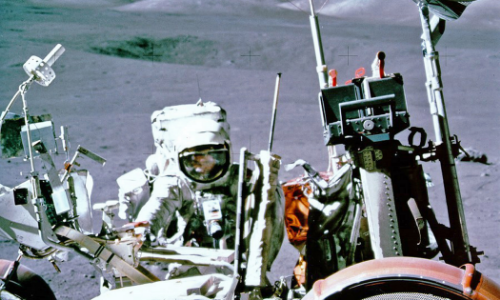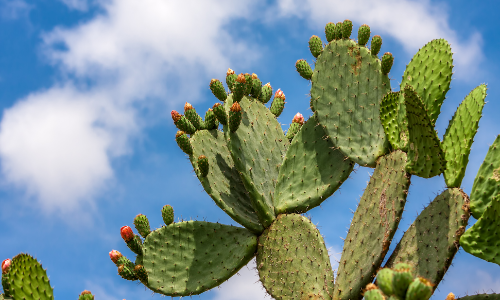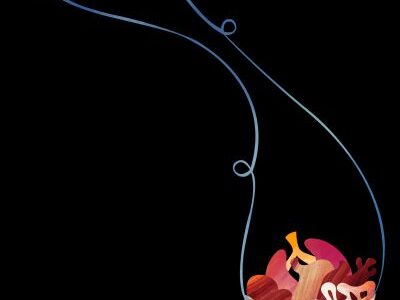One of the laws of creation is that a minimum energy, that is, the activation energy (threshold energy) is required in the plane of causes for reactions to begin. The threshold energy for each reaction is different.
For example, the cut surface of an apple takes on a yellowish color. This is due to the liquid on the surface reacting with the air. If the activation energy was less, the apple would rot very quickly.
There is also a lot of wisdom in the threshold energy being different for each reaction. If the burning temperature of wood, leaves or paper was less, fires would occur everywhere on sunny days, and forests would be in danger of extinction.
Less amount of this energy would allow plants to grow and multiply faster; higher, it would cause slower development. In both cases, the balance of nature would be disturbed and the earth would become uninhabitable.
We can increase the examples such as the temperature for evaporation of water or the melting of glaciers.
Well, what would happen if reactions were to take place before this threshold value was exceeded, that is, if there was no such rule? Every time oxygen and hydrogen met, water vapor would be formed, metal objects in contact with the air would immediately rust and the food eaten would be digested really quickly.




